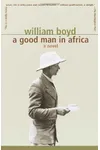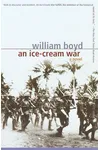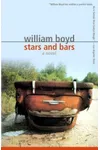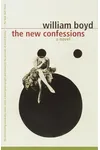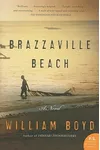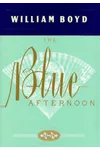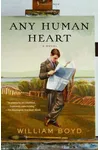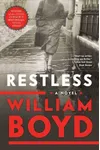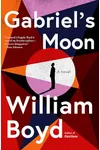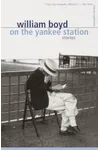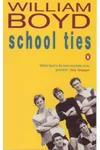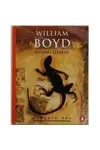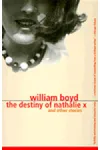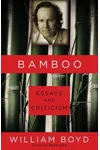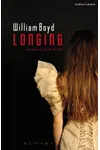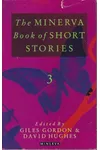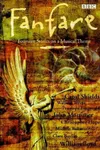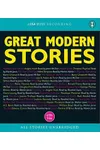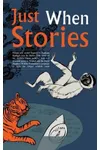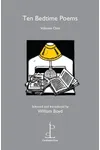Picture a British storyteller who spun tales from the sun-soaked streets of West Africa to the swinging '60s Brighton film sets—meet William Boyd! Born in Ghana in 1952, this acclaimed novelist, screenwriter, and wine-maker has charmed readers with his witty, heartfelt stories. With a knack for blending humor, history, and human drama, Boyd’s novels like A Good Man in Africa and Any Human Heart have earned him a spot as one of Britain’s literary treasures.
From his early days in colonial Africa to his Commander of the Order of the British Empire honor, Boyd’s life is as vibrant as his prose. Let’s dive into the world of a man whose stories bridge cultures and capture the messy beauty of life.
The Making of William Boyd
William Andrew Murray Boyd was born on March 7, 1952, in Accra, Ghana, to Scottish parents. His father, a doctor specializing in tropical medicine, and his mother, a teacher, raised him in Ghana and Nigeria during the waning days of colonial rule. The Biafran War’s brutality left a lasting mark on young Boyd, shaping his sharp eye for human conflict. At nine, he was sent to Gordonstoun School in Scotland, later studying at the University of Nice, Glasgow, and Oxford, where he earned a PhD on Shelley. While lecturing at Oxford, Boyd penned his debut novel, A Good Man in Africa, launching a career that would span decades and continents.
William Boyd’s Unforgettable Stories
Boyd’s novels are a masterclass in narrative vitality, blending satire, pathos, and historical depth. His debut, A Good Man in Africa (1981), follows the misadventures of Morgan Leafy, a bumbling British diplomat in a fictional West African nation. This dark comedy won the Whitbread First Novel Award and Somerset Maugham Award, cementing Boyd’s reputation. An Ice-Cream War (1982), set during World War I in East Africa, earned a Booker Prize nomination for its witty take on colonial chaos.
Any Human Heart (2002), a fictional journal of writer Logan Mountstuart, is Boyd’s magnum opus, tracing a life through the 20th century with cameos from figures like Ian Fleming. It won the Prix Jean Monnet and inspired a BAFTA-winning series. Restless (2006), a gripping spy thriller about a woman uncovering her mother’s WWII secrets, clinched the Costa Novel Award. Boyd’s style—vivid, character-driven, and often spanning entire lives—draws readers into worlds where history and humanity collide.
Beyond novels, Boyd’s screenwriting credits include Chaplin (1992) and adaptations of his own works, while his 1998 hoax biography, Nat Tate: An American Artist, fooled the art world with help from David Bowie. His short stories and plays, like Longing, showcase his playful experimentation.
Why William Boyd Matters
Boyd’s work transcends borders, weaving his African upbringing and British sensibilities into stories that resonate globally. His “whole-life” novels, like Any Human Heart, capture the randomness and richness of existence, earning praise for their emotional depth and narrative craft. Critics hail him as a successor to Evelyn Waugh and Graham Greene, blending comedy with profound human truths. Translated into over 30 languages, his books have sold millions, inspiring adaptations and sparking conversations about identity, history, and resilience.
As a Fellow of the Royal Society of Literature and wine producer at his French chateau, Boyd’s curiosity and creativity continue to thrive. His latest novel, Gabriel’s Moon (2024), dives into Cold War espionage, proving he’s still a master storyteller at 73.
- Birth Date: March 7, 1952
- Key Works: A Good Man in Africa, Any Human Heart, Restless
- Awards: Whitbread First Novel Award, Costa Novel Award, CBE (2005)
Snag Any Human Heart and dive into William Boyd’s captivating world of wit, history, and heart!
